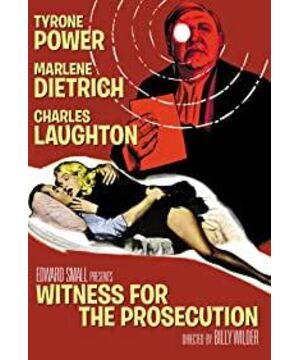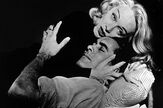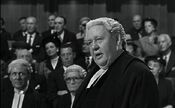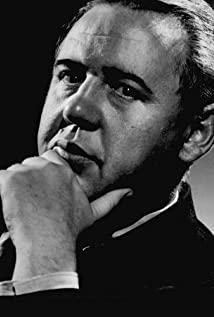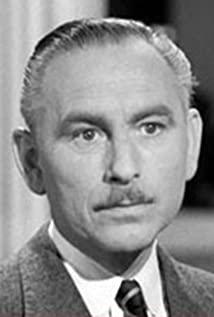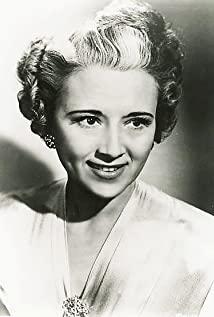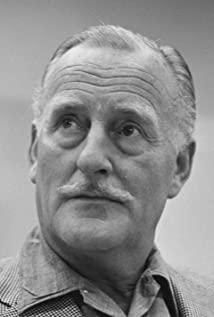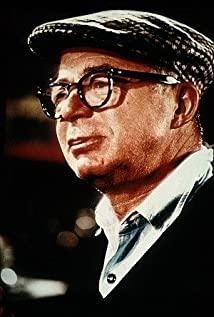I happened to watch the movie "The Witness for the Prosecution" adapted from Agatha's novel. Maybe I haven't read many suspense novels. The ending of the movie is really surprising. At the beginning of the film, the audience naturally believed the hero's judgment—a lawyer with deep qualifications and respected morals: the defendant is innocent. As a result, in the courtroom that followed, sympathy for the defendant and disgust for his wife naturally occurred. In fact, there is no direct evidence in the whole process to prove that the defendant is guilty, nor is there any evidence to prove his innocence. Even all known information is biased towards the defendant's guilt. However, when the power of morality is tilted, the law also loses its rationality. When the truth was revealed in the last ten minutes, it turned out that it was all just a drama. This can't help but remind me of Agatha's other novel "No One Survives". The boundary between morality and law does not seem to be so clear. The evidence of the law sometimes fails to sentence the immoral, and morality also guides the judgment of the law. Another example is "The Outsider", where the law condemns you, but morality condemns you. Finally, let's believe: "The balance of justice may be deviated occasionally, but it will eventually return to justice".
View more about Witness for the Prosecution reviews


